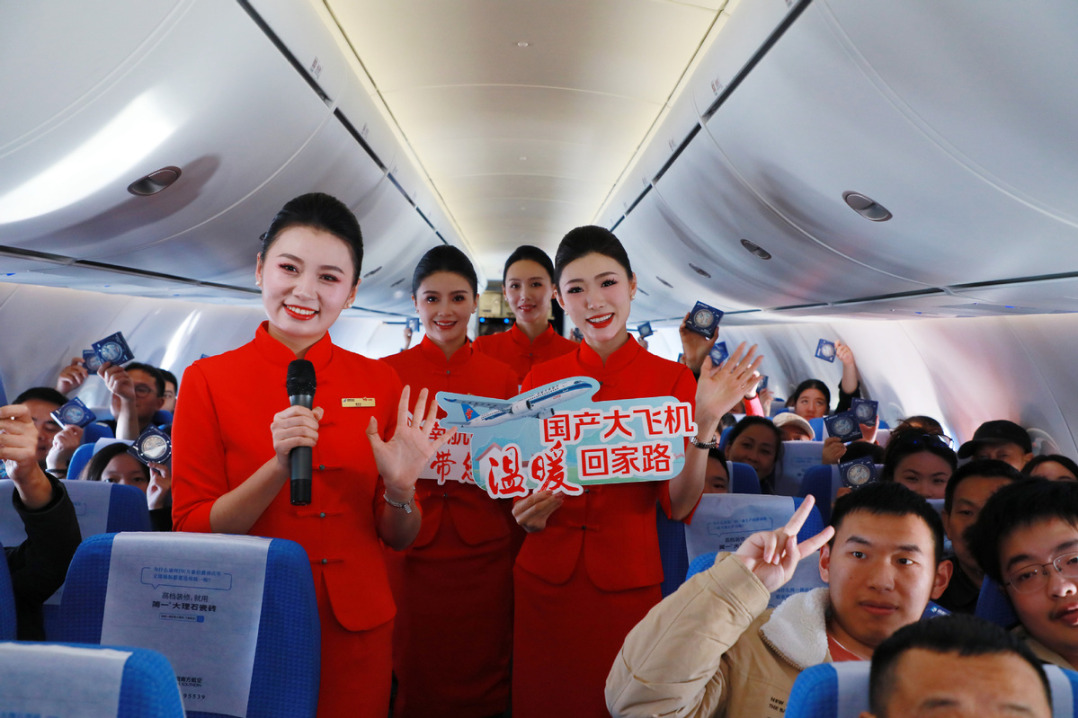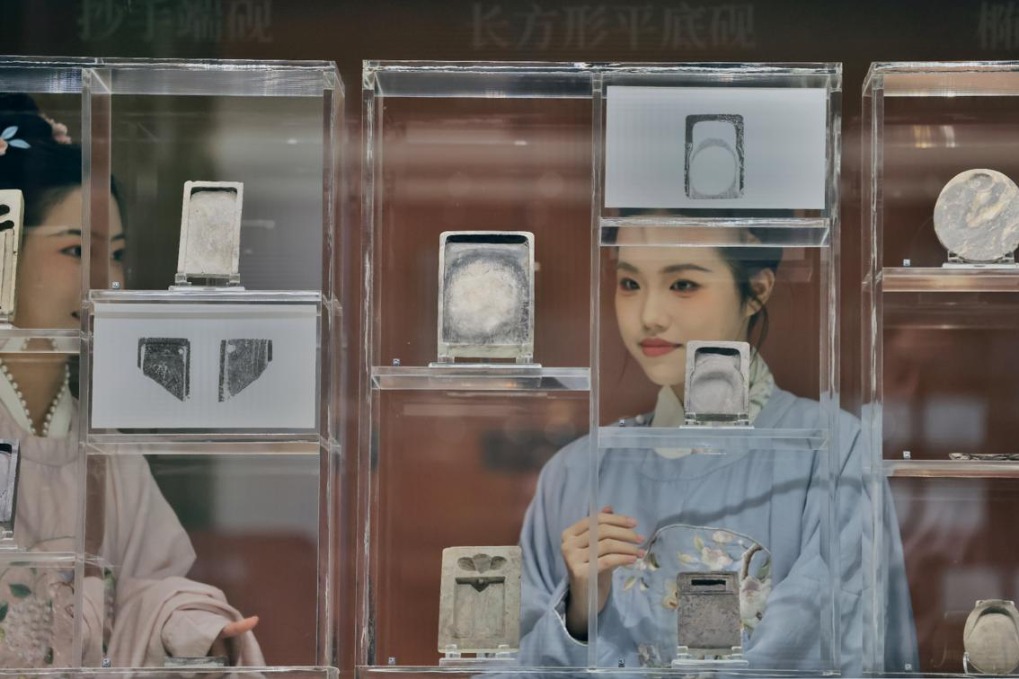Forum on AI IP protection held in Beijing


A forum on intellectual property protection in the artificial intelligence era was opened in Beijing on Wednesday, with issuance of multiple guidelines to regulate the AI industrial growth and discussion on whether AI-generated works have the copyright among legal professionals.
The activity as a sub-forum of the Global Digital Economy Conference 2024 was jointly held by Beijing Intellectual Property Office, the People's Procuratorate of Beijing Municipality, the Beijing Intellectual Property Court and the Law School with Renmin University of China.
Focusing on IP protection, personal information protection, computing system security and data security, the capital's prosecutors issued a warning of criminal risks to AI industry, aiming to help guide and guarantee the industrial development in a healthy manner.
By listing seven cases and circumstances, including infringement of business secret and the leakage of user data, "the warning is also to contribute to the city in building an AI innovation city with global influence," said Qi Zhiguo, deputy chief prosecutor of the People's Procuratorate of Beijing Municipality.
On Wednesday, the Beijing Intellectual Property Office, the Beijing Internet Court and Beijing International Data Exchange opened up each other's online platforms at the forum, in an effort to jointly strengthen the registration, application and protection of IP data, as well as to ensure the safety of the data flow and reduce the cost of protecting legitimate rights.
During the forum, a number of domestic and foreign experts, including those from courts, prosecuting authorities, technology enterprises and law schools, stressed the importance of stimulating innovation by enhancing IP protection in the AI era, and exchanged their ideas on whether the works generated by AI could be deemed as works.
Guo He, a professor of IP School with the Renmin University of China, said that AI systems can only be defined at this stage as tools for human creativity, and it is not appropriate to fit them as subject of law as authors or creators.
"Further, AI-generated content, even if it has originality, can only be a human creation, not a machine creation," he added.
Kiran Patel, senior director of China-Britain Business Council, said that British people have realized AI is playing an important role in both technical innovation and artistic creativity, adding that it can be a tool for scientists, entrepreneurs and artists, enabling new human inventions and creations.
"If or when inventive and creative AI exists, the IP system must be appropriate to deliver the benefits to society - the human benefits of this innovation," he added. "Meanwhile, the UK must ensure that patents and copyright also work where AI is supportive of invention and creativity but not its sole author or inventor."
Feng Gang, chief judge of the Beijing Intellectual Property Court's Judicial Supervision Division, said that AI-generated content is valuable and relatively scarce, so it should be protected by law.
In his view, the content also needs to be protected by the Copyright Law when it is identified as work.
To protect the public's rights to make informed decisions, he said that AI-generated information should be marked significantly, adding "there are similar rules at home and abroad".
- Beijing holds vibrant New Year celebrations at Shougang Park
- Trade between Chinese mainland, Taiwan records year-on-year increase of 9.4%
- Taiwan residents make over 4m trips to mainland in 2024, up 54.3%
- Xi Jinping's cultural footprints in 2024
- Southeast Asian mayors experience Chinese New Year traditions in Nanning
- 90 years on, Long March's legacy inspires China's progress in the new era





































